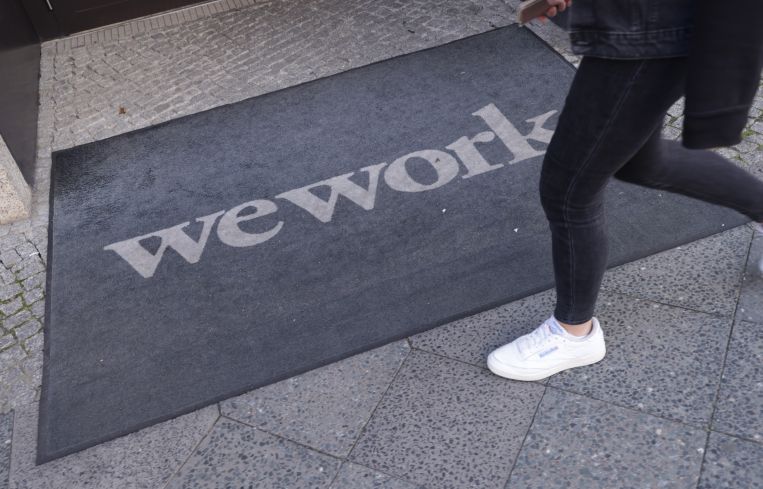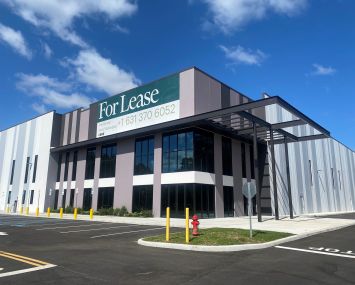WeWork Reportedly Gearing Up for Bankruptcy ‘as Early as Next Week’
Coworking giant’s insolvency could cause building values to drop and office vacancies to spike
By Nicholas Rizzi October 31, 2023 7:04 pm
reprints
Struggling coworking giant WeWork (WE) is gearing up to file for bankruptcy “as early as next week,” nearly two months after it warned investors that it had “substantial doubt” about its ability to stay afloat, the Wall Street Journal reported.
Details on the potential bankruptcy were scant, only that the New York City-based WeWork was planning to file for Chapter 11 in New Jersey, according to the WSJ.
A spokesperson for WeWork told Commercial Observer that “we do not comment on speculation.”
The potential bankruptcy also comes the same month WeWork skipped out on $95.2 million in interest payments with its lenders in hopes of improving its capital structure, giving it a 30-day grace period to pay up.
The WSJ reported that WeWork struck an agreement with its bondholders to give it another seven days before a default is triggered.
A bankruptcy filing would cap off a long fall from grace for the once-shining coworking company, which once had an eye-popping valuation of $47 billion and for a time became the largest private office tenant in New York City.
But the company has dealt with a failed initial public offering attempt that shined a harsh light on its money-burning business model; had its bombastic co-founder and CEO Adam Neumann pushed out; nearly ran out of money; and then contended with a global pandemic that kept people away from offices and in their homes.
WeWork has recently started renegotiating with its landlords to alter or back out of its leases across the country — with Colliers data as of Oct. 13 finding that it shed 300,000 square feet in Manhattan alone during the fourth quarter. A bankruptcy could exacerbate that and cause collateral damage to owners who were once eager to rent to WeWork, with owners who have already lost WeWork dealing with large vacancies that have impacted the valuation of its debt.
“The minute they file for bankruptcy, normally what that means is you can reject leases and there’s no obligation whatsoever,” Manus Clancy, leader of applied data, research and pricing at Trepp, previously told Commercial Observer. “That being said, it has seemed for a while like they’ve been treating these leases as though they’re not obligations anyway. They’ve walked away from them. They’ve stopped paying as they’ve tried to conserve cash. … I think the borrowers — the property owners — are already feeling the impact.”
Nicholas Rizzi can be reached at nrizzi@commercialobserver.com.


